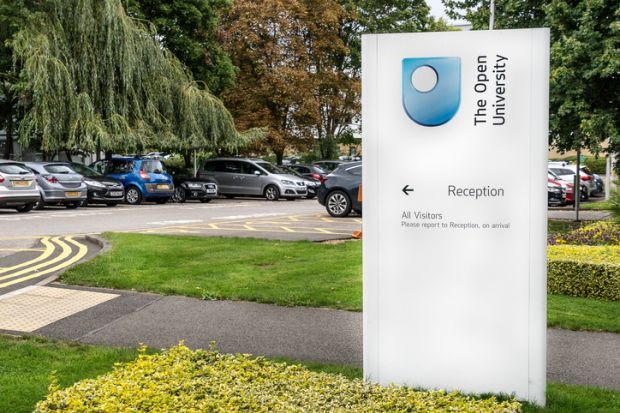The UK’s Open University has clashed with a union over plans to “fire and rehire” staff.
In 2021 the distance learning institution agreed to move more than 4,000 associate lecturers from casualised terms onto permanent contracts, under a deal that came with a pay rise attached.
The university said that this led to some staff being in line for contracts stating that they should work excessively long hours – between 45 and 120 hours a week – and that it wanted to address this.
But the University and College Union said that more than 160 associate lecturers had been told to “sign a new contract on reduced pay or be fired and rehired under worse terms and conditions”.
UCU said that 26 lecturers had refused to sign the new contracts, and that the OU had started a consultation that would end in the remaining staff being fired and rehired next January if an agreement is not reached.
UCU said that the lecturers “have a high workload, often because they have agreed to do additional work in areas the university has found it hard to recruit in”.
Its OU branch has launched a petition protesting against the proposals.
“The use of fire and rehire has no place in higher education, calls into question the university’s commitment to good industrial relations and suggests the university does not value its staff or care about its reputation,” said Jo Grady, the UCU general secretary.
“The university is using fire and rehire to punish staff who are unhappy with their proposals and is trying to bully the process through to get it in place before a change of law banning this practice.”
An OU spokeswoman said that the university “strongly disagree[d] with this characterisation of our ongoing negotiations”.
“In conjunction with UCU, the Open University converted contracts for more than 4,000 casually employed associate lecturers on to a more permanent basis in 2022. Some people have accrued contracts that would see them working anywhere between 45 and 120 hours a week,” the spokeswoman said. “We want to address this because we don’t believe that it is an equitable position; nor is it good employment practice. We don’t believe it’s good for the OU and crucially we don’t believe it is good for our students.”
The spokeswoman added: “We remain puzzled that UCU are defending this practice whilst at the same time launching campaigns about excessive workloads.
“It is not true to suggest we are offering lower salaries: we are offering manageable hours at the same rate, with a transition period of over two years and compensatory payments.”




